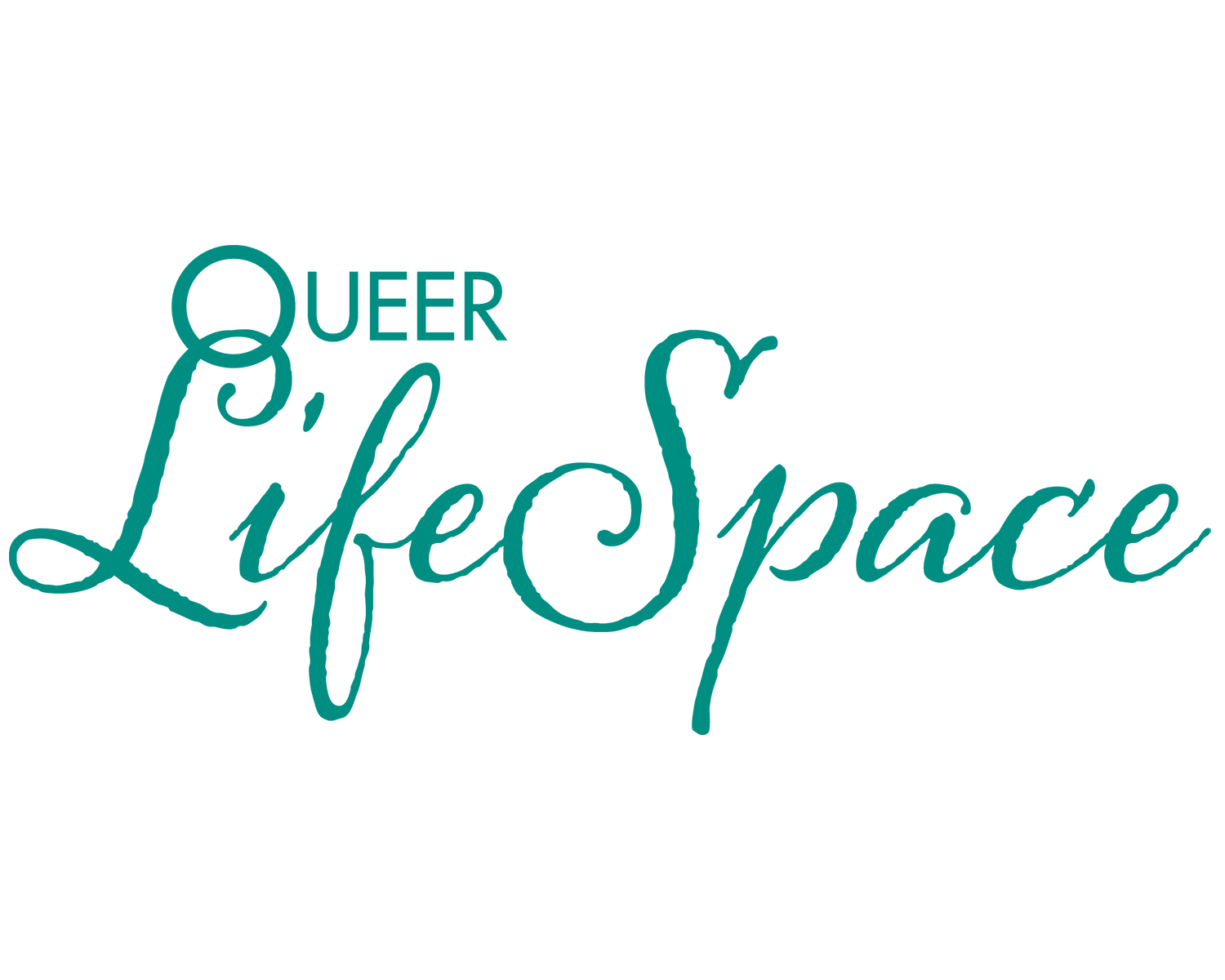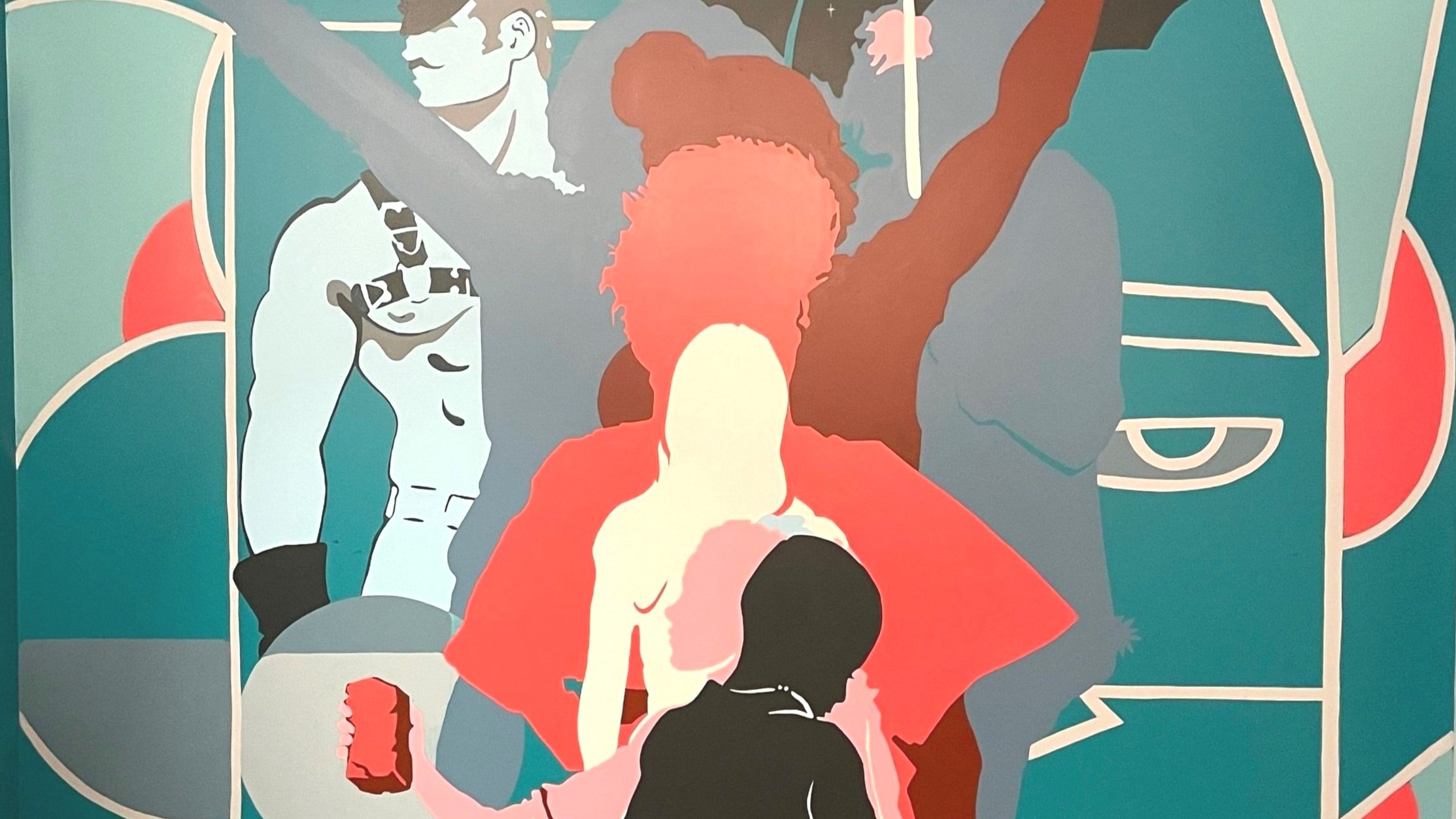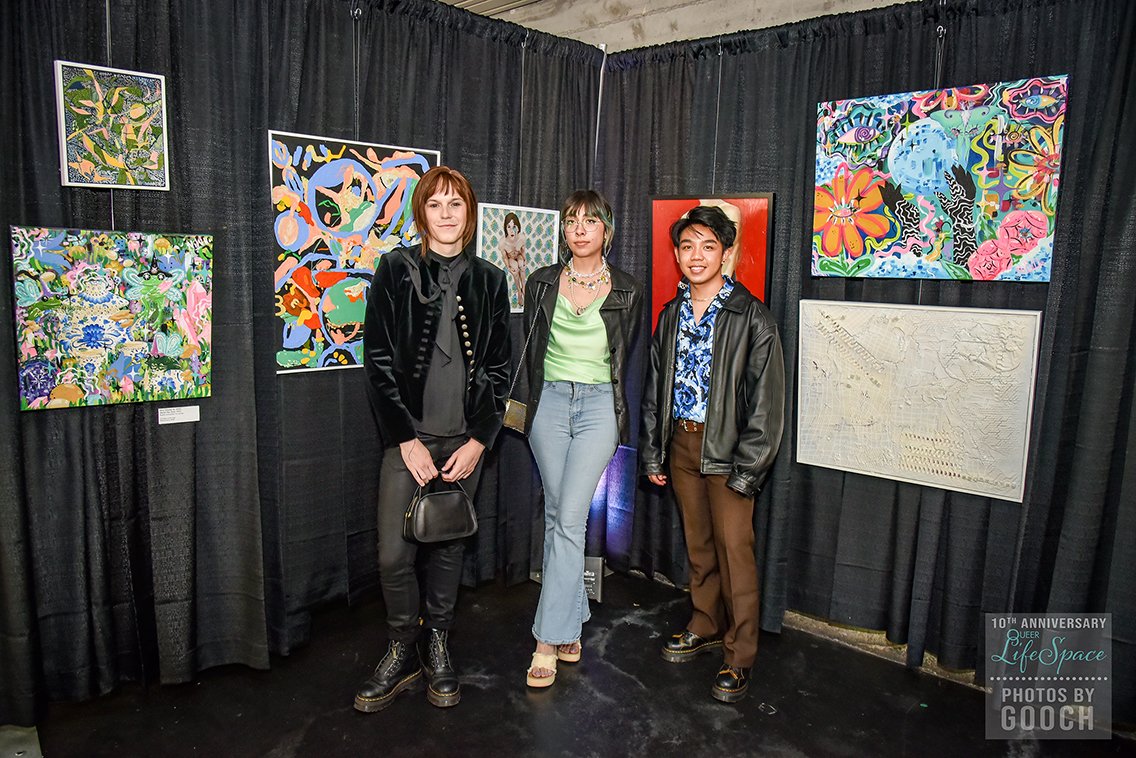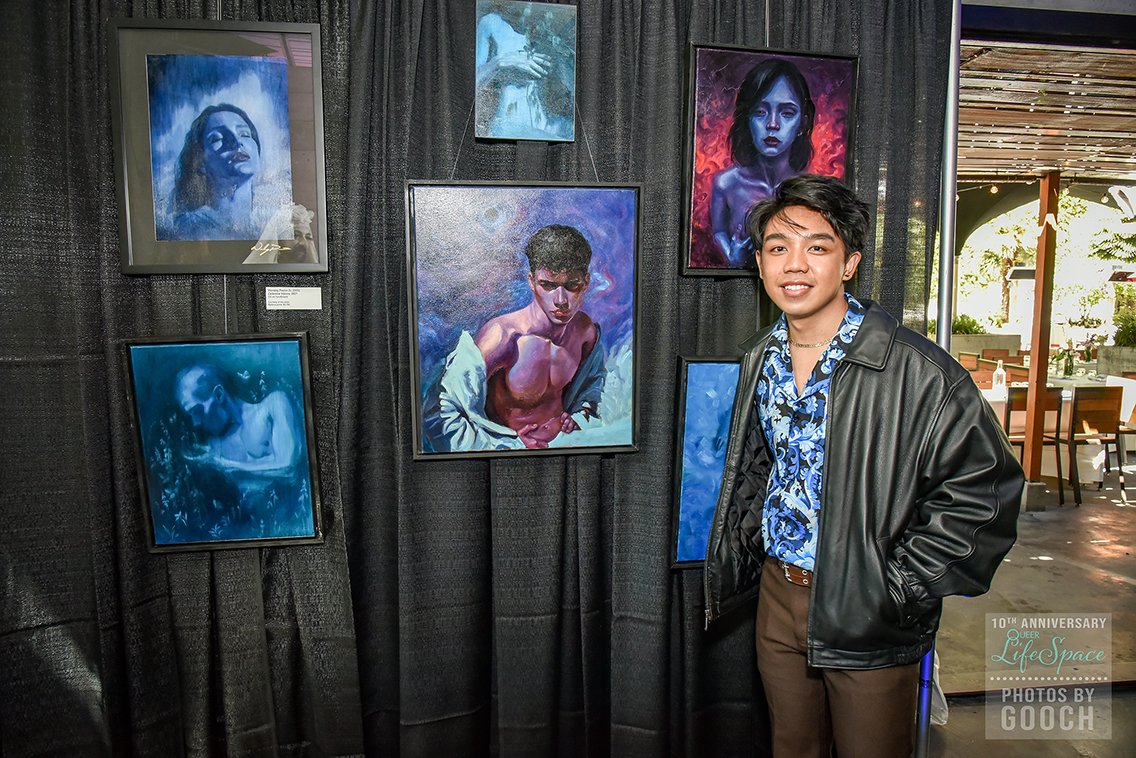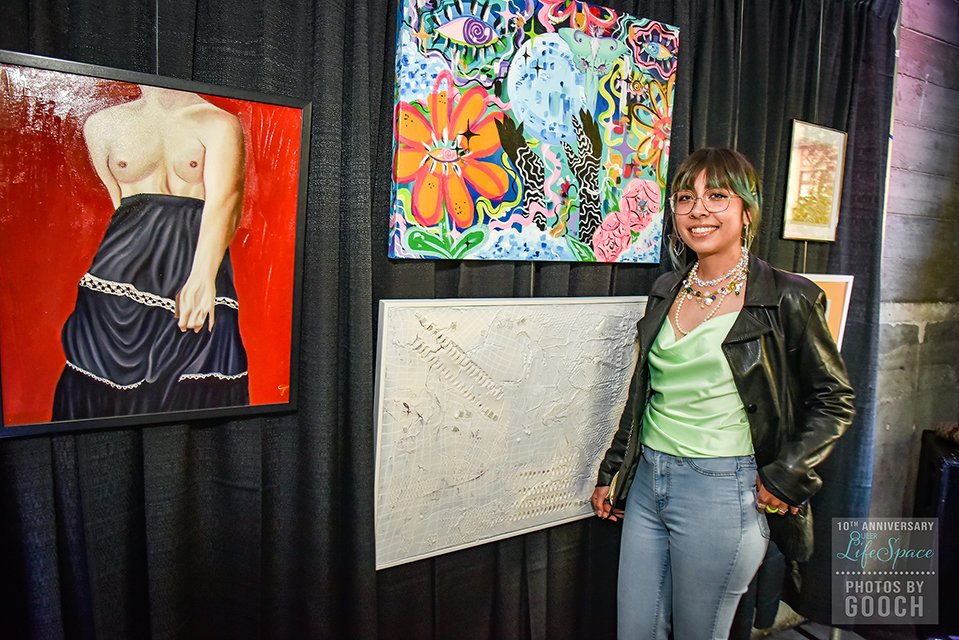Supporting
Emerging Queer Artists in Their Youth (EQUARTY)
Providing equitable access to mental health services and artistic resources that promote the emotional growth, financial stability, and professional visibility of young queer artists in the Bay Area.
MAJOR SUPPORT FROM:
Above: Local queer artists pose in front of their artworks at the first annual EQUARTY art exhibition titled: “Metamorphosis: Embracing Change in the Queer Community” (May 2022).
Program Overview
1. Providing Mental Health Support to Emerging Queer Artists
The Emerging Queer Artists Program provides support for up-and-coming LGBTQIA+ artists in the Bay Area (18-30 years old) who lack affordable access to mental health and substance abuse services. The program aims to connect local queer artists to individual and group counseling so that they can continue to invest in their work without sacrificing their mental health needs.
2. Core Benefits Offered:
Access to individual and group therapy services.
Access to free workshops and training — including building financial literacy, learning how to apply for grants, managing the legal side of selling artwork, building one’s personal brand as an artist, building a personal website, building relationships with galleries, and more.
Support writing a 100-word artist biography, a 200-word artist statement, and a professional photography session for personal headshots and portfolio shots.
Ability to showcase their artwork in the Queer LifeSpace office, at our annual fundraising gala, and in partner exhibitions (e.g. Harvey Milk Center for the Arts, Schlomer Haus Gallery, et al.)
Connections to our donor network, many of whom are art lovers.
According to the National Endowment for the Arts, engaging with the arts in childhood and youth has been linked to positive academic, social, and emotional outcomes later in life.
Given the high cost of living in the Bay Area, many artists deal with severe emotional and financial hardship and are faced with a never-ending battle of choosing whether to prioritize their art, living costs, or health costs. Many artists struggle with these choices at the expense of their mental health. We believe that queer artists, especially those early in their careers, represent one of the most vulnerable intersectional communities in the Bay Area.
3. Promoting Equitable Visibility for Emerging Queer Artists
Queer LifeSpace hosts an art exhibition and auction for emerging queer artists at its annual spring gala. This is a unique opportunity for artists from all backgrounds to gain visibility among the broader queer community and build relationships with fans of their art at an early stage of their careers.
We also partner with other local galleries, like the Harvey Milk Center for the Arts and Schlomer Haus Gallery, on exhibitions that feature the work of local queer artists, including artists who are eligible to participate in the EQUARTY program.
Program History & Inspiration
EQUARTY was created in late 2021 in response to a growing body of research that has found that the arts and artists have been disproportionately impacted by the pandemic — largely due to limits on social interactions and physical movement, as well as the long-term closure of studios, galleries, and exhibition spaces. In a 2020 study by Americans for the Arts, it was found that nearly two-thirds of artists and creative workers became unemployed as a direct consequence of the pandemic.
These unemployment statistics are on par with those of the service industry, in which two out of three restaurant workers lost their jobs. However, very little attention has been given to the plight of the arts and the more than 2.5 million people employed in the space. Since the vast majority of emerging artists were already supporting themselves through the gig and services economy, the pandemic only heightened their sense of emotional and financial vulnerability.
“Artists are being hit with a double whammy of unemployment. As of May 2020, workers in arts occupations, food services, and retail are all more likely to be unemployed than those in other occupations. This means artists are more likely than others to have lost their main source of income—even if that source was not art-related.”
Why it’s important
Queer artists suffer from higher rates of substance abuse, mental health issues, and suicide. By providing this much-needed support through counseling, emerging queer artists may be equipped with better tools in which to live in their current situations at an early stage in their career. We hope this will increase the likelihood that they will be able to pursue a longer, more productive career in the arts.
Who it serves
The Emerging Queer Artists program focuses primarily on LGBTQIA+ art students and recent art graduates from disadvantaged and underserved backgrounds who cannot afford, or who lack access to, individual and group counseling for mental health or substance abuse. Equity in the mental health space is fundamentally about providing fair access to mental health resources.
The majority of clients in the program are currently enrolled or recently graduated from certificate- or degree-granting programs in the performing or non-performing arts. However, this is not a requirement for enrollment in the program. While some art students do have access to mental health services while they are enrolled as students, through enrollment in the Affordable Care Act (ACA), or through their parents’ health insurance — many others do not. Among those who do have insurance through their family, most will lose access to coverage after the age of 26, under the current federal healthcare law.
BECOME A PARTNER
We’re currently looking to partner with colleges, universities, and emerging artist programs across the Bay Area. For more information and to discuss potential partnership opportunities, please send an email to equarty@queerlifespace.org.
Queer LifeSpace is compliant with HIPAA regulations.
You may contact us at info@queerlifespace.org to learn about our privacy policy and how we collect, keep, and process your private information in accordance with these laws.
Below: San Francisco-based queer Latino artists Juan Manuel Carmona and Simón Malvaez designed two custom murals for the Queer LifeSpace offices in early 2022. Their colorful murals have recently become a fixture in the Castro neighborhood. We were thrilled to work with them on this project!
